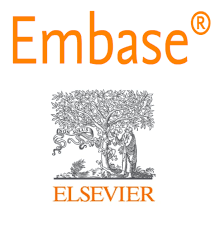A CLINICAL STUDY ON ULCERATIVE COLITIS IT’S AND RISK FACTORS AND MEDICAL MANAGEMENT IN TERTIARY CARE CENTRE OF HALDIA. — A CROSS SECTIONAL STUDY
Keywords:
Ulcerative colitis (UC), Inflammatory Bowl diseases.Abstract
Background: Ulcerative colitis (UC) is a chronic inflammatory bowel disease with multifactorial etiology. Clarifying modifiable risk factors and current patterns of medical therapy in regional cohorts supports targeted prevention and management. Objective: To describe demographic characteristics, risk factor prevalence, and medical management among 50 UC patients in a tertiary care centre. Methods: A cross sectional study (Jan – Jun 2025) collected questionnaire and chart data on risk exposures, clinical presentation, and treatments. Descriptive statistics and χ²/Fisher’s exact tests explored associations. Results: Mean age was 38.4 ± 12.7 years; 58 % were male. The most frequent risk factors were high refined carbohydrate diet (54 %), NSAID use (38 %), and recent major stress (44 %). Mesalamine was prescribed to 92 %, corticosteroids to 48 %, immunomodulators to 26 %, and biologics to 14 %. Combination 5 ASA + steroids was associated with extensive colitis (p < 0.05). Conclusion: Diet, NSAID exposure, and psychosocial stress were common in this cohort. Step up therapy beginning with mesalamine remains the mainstay, but one in seven patients already required biologics. Lifestyle interventions addressing diet and stress should accompany pharmacotherapy. Larger prospective studies can validate these findings.
.png)









